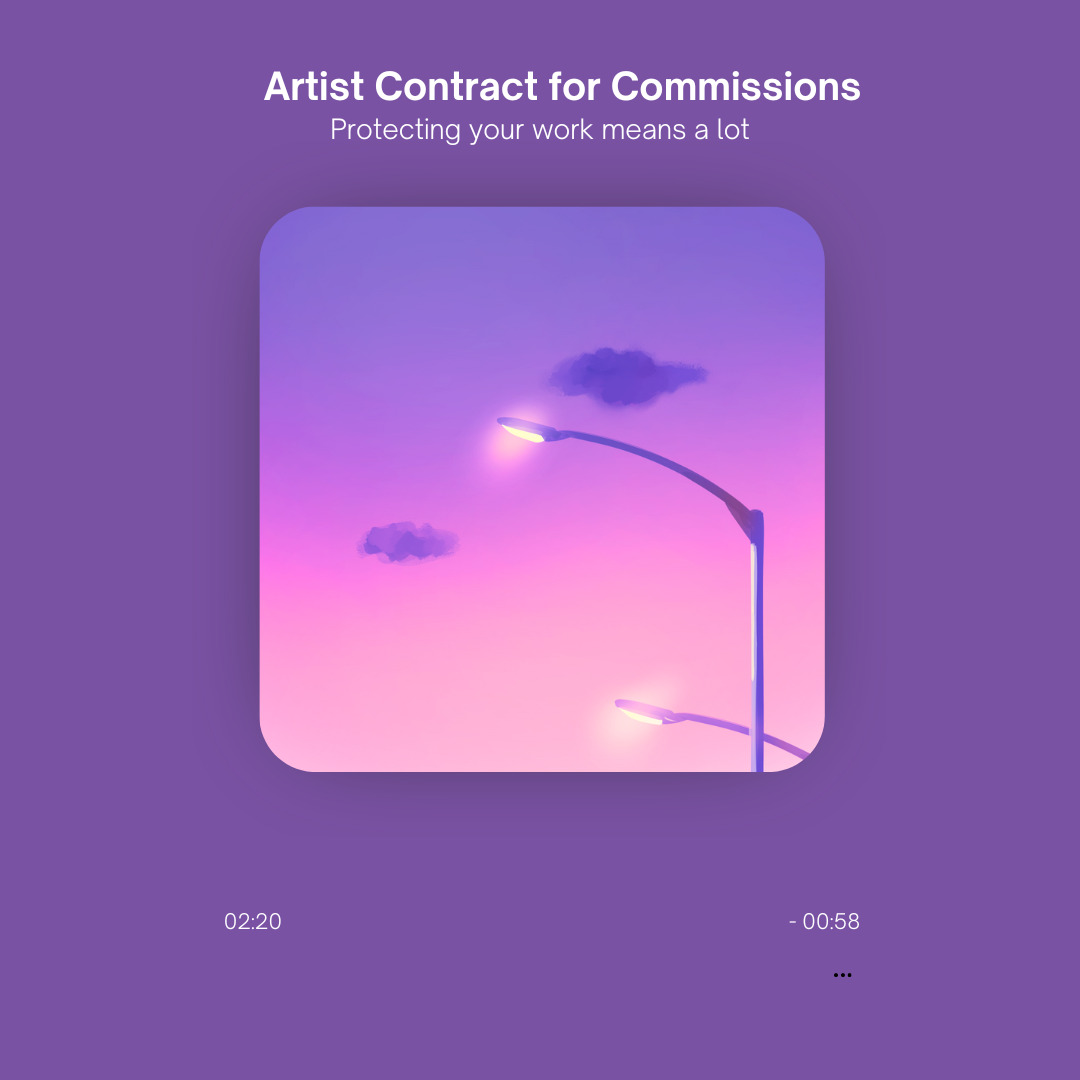
Key Components and Legal Considerations for a Professional and Secure Commission Agreement

Artist Contract for Commissions: As an artist, getting commissions is a great way to earn money and gain exposure for your work.
However, it’s important to protect yourself and your art by having a contract in place for each commission you accept.
In this article, we will discuss the key components of an artist contract for commissions.
Scope of Work
The scope of work outlines the specific details of the commission, including the type of artwork, the size, the medium, the deadline, and any other relevant details. This section should be as specific as possible to avoid any confusion or misunderstandings down the line.
Payment Terms
The payment terms should be clearly stated in the contract, including the total cost of the commission, the payment schedule, and any additional fees (such as shipping or rush fees). It’s also a good idea to include a late payment policy in case the client fails to pay on time.
Rights and Ownership
The contract should specify who owns the artwork once it’s completed and paid for. Typically, the artist retains the copyright to their work, but the client may be granted specific usage rights (such as the right to display the artwork in their home or office).
Revisions and Changes
It’s important to establish upfront how many revisions or changes the client is allowed to make to the artwork before additional fees will be charged. This will help avoid any back-and-forth negotiations that could delay the project and cause frustration for both parties.
Termination and Cancellation
The contract should outline the circumstances under which either party may terminate the agreement, as well as any penalties for cancellation. This will help protect both the artist and the client in case of unforeseen circumstances.
Confidentiality and Non-Disclosure
If the artwork is confidential in nature (such as a portrait of a private individual), the contract should include a confidentiality clause to ensure that the artist doesn’t share any sensitive information or images without the client’s permission.
Legal Considerations
The contract should also include a section outlining any legal considerations, such as the governing law of the contract and any dispute resolution methods (such as arbitration or mediation).
Read also Lionel Richie Net Worth: Exploring the Wealth of a Music Legend
In conclusion, having a well-written artist contract for commissions is crucial for protecting your artwork and ensuring a smooth and professional relationship with your clients. Be sure to include all the necessary components and consult with a lawyer if you have any questions or concerns.
Leave a Reply